
European Toy Safety Certification Testing
All toys sold in the European market must comply with the European Toy Safety Directive 2009/48/EC, ensuring product safety and suitability for use. Manufacturers, retailers, and importers are responsible for ensuring that their products meet the essential safety requirements of Directive 2009/48/EC and conduct relevant tests according to the harmonized European toy safety standards to demonstrate compliance.
EN71 Testing
- EN71 Part 1 – Physical and Mechanical Testing
- EN71 Part 2 – Flammability Testing
- EN71 Part 3 – Migration of Certain Elements Testing
- EN71 Part 4 – Experimental Sets for Chemistry
- EN71 Part 5 – Chemical Toys (sets) Other Than Experimental Sets
- EN71 Part 7 – Finger Paints
- EN71 Part 8 – Swings, Slides, and Similar Activity Toys for Indoor and Outdoor Family Domestic Use
- EN71 Part 9 – Organic Chemical Compounds Requirements
- EN71 Part 12 – N-Nitrosamines and N-Nitrosatable Substances
- EN71 Part 13 – Certain Toy Fragrances
- EN71 Part 14 – Trampolines for Domestic Use
REACH
The European Union’s Registration, Evaluation, Authorization, and Restriction of Chemicals (REACH) legislation aims to provide a high level of protection for human health and the environment from the use of hazardous chemicals. REACH establishes a mandatory chemical registration system that requires traceability and identification of chemical substances in products sold in the European market.
Manufacturers, distributors, retailers, and importers of toys and children's products should be responsible for complying with and managing the risks associated with the restricted chemicals listed in REACH Annex XVII. Annex XVII includes a list of restrictions on certain hazardous substances, mixtures, and articles sold or used in the European market.
REACH Annex XVII Testing
- Azo Dyes and Azo Colorants
- Benzene
- Cadmium
- DMF (Dimethyl Fumarate) (2011/135/EU)
- Lead in Jewelry Products
- Nickel and its Compounds
- Nonylphenol (NP) and Nonylphenol Ethoxylates (NPE)
- Organotin Compounds (DBT, TBT, TPhT, DOT)
- PAHs (Polycyclic Aromatic Hydrocarbons)
- Phthalates in Plasticized Materials
- SCCP (Short Chain Chlorinated Paraffins)
- Toluene
Email:hello@jjrlab.com
Write your message here and send it to us
 Australia RCM LOGO Certification
Australia RCM LOGO Certification
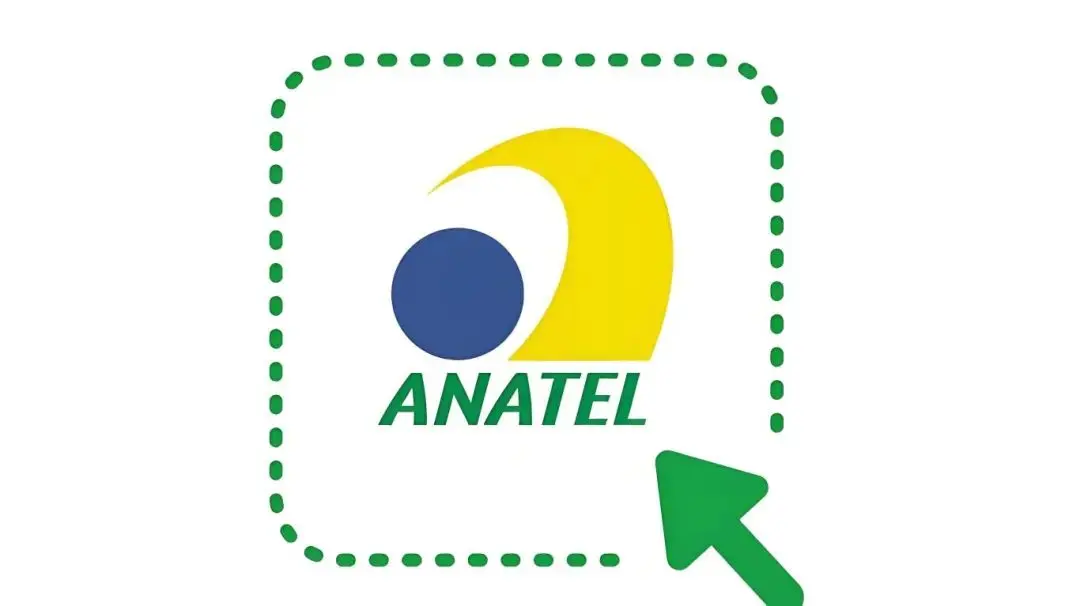 ANATEL Certification Process in Brazil
ANATEL Certification Process in Brazil
 Faucet European Standard EN 817 Testing
Faucet European Standard EN 817 Testing
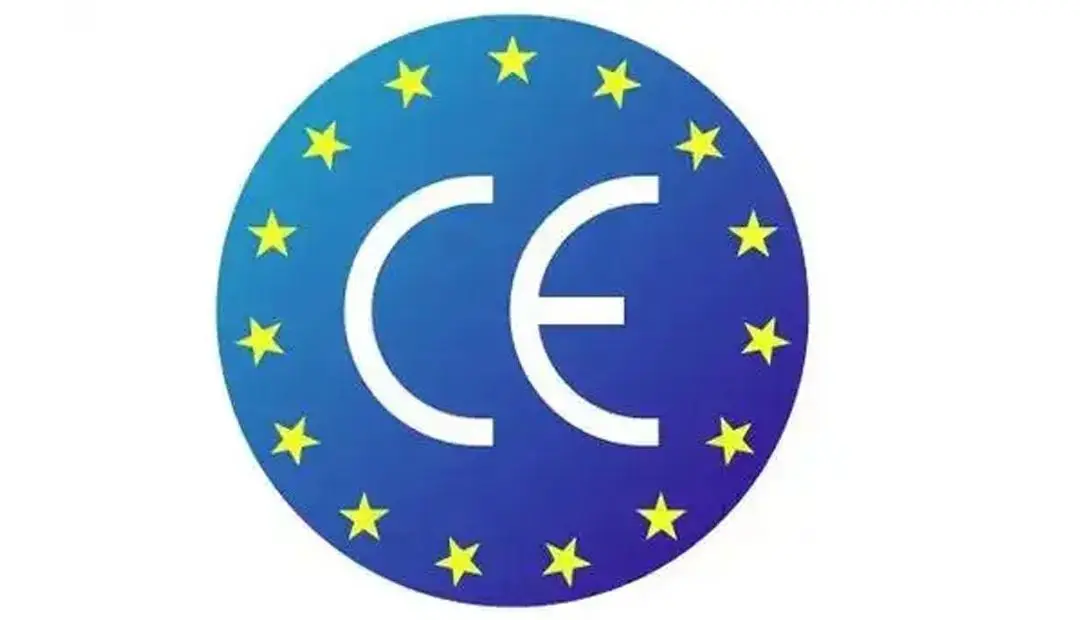 ISO 17025 Laboratory Test Report
ISO 17025 Laboratory Test Report
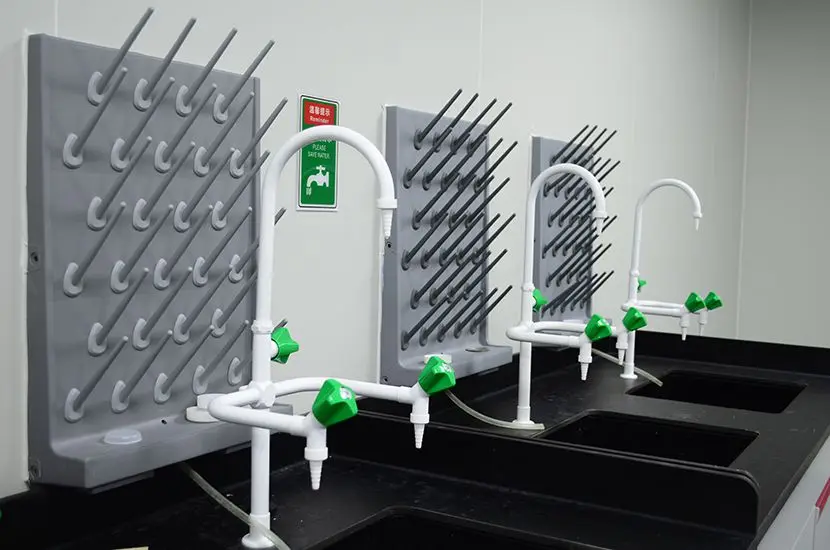 Temu Requires UN 38.3 Certification
Temu Requires UN 38.3 Certification
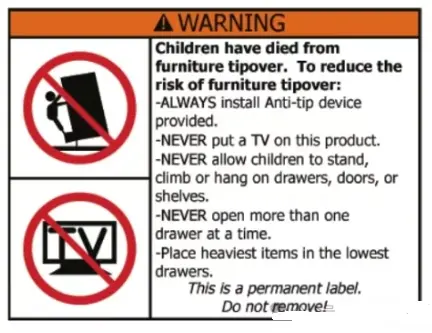 What is the Amazon ASTM F2057 Test Report?
What is the Amazon ASTM F2057 Test Report?
 How to get the Amazon SOR/2016-175 Test Report?
How to get the Amazon SOR/2016-175 Test Report?
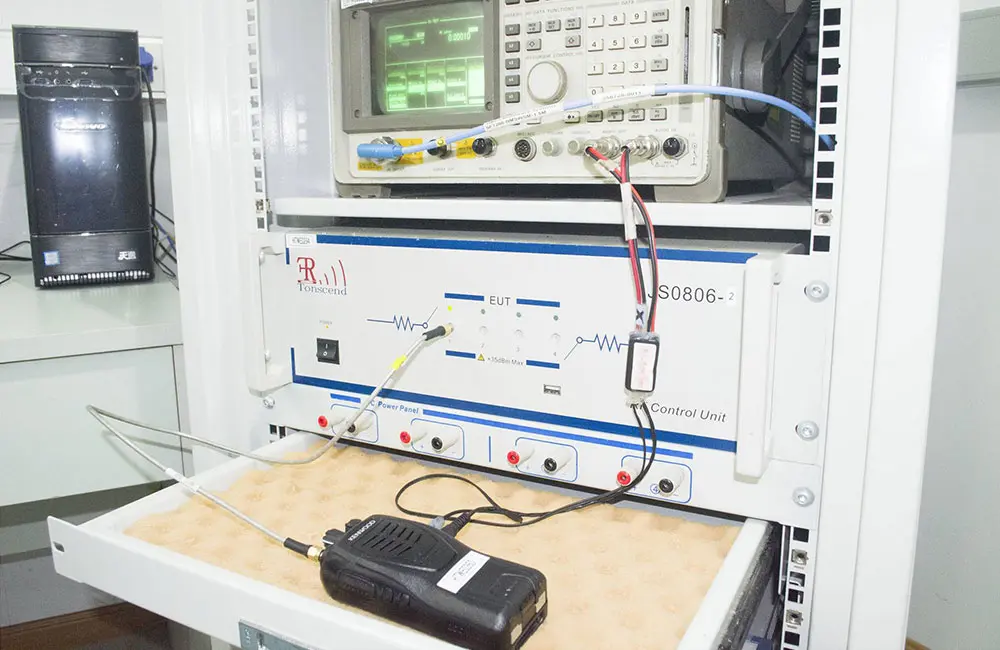 Amazon Electronic Product UL Test Report
Amazon Electronic Product UL Test Report
Leave us a message
24-hour online customer service at any time to respond, so that you worry!




